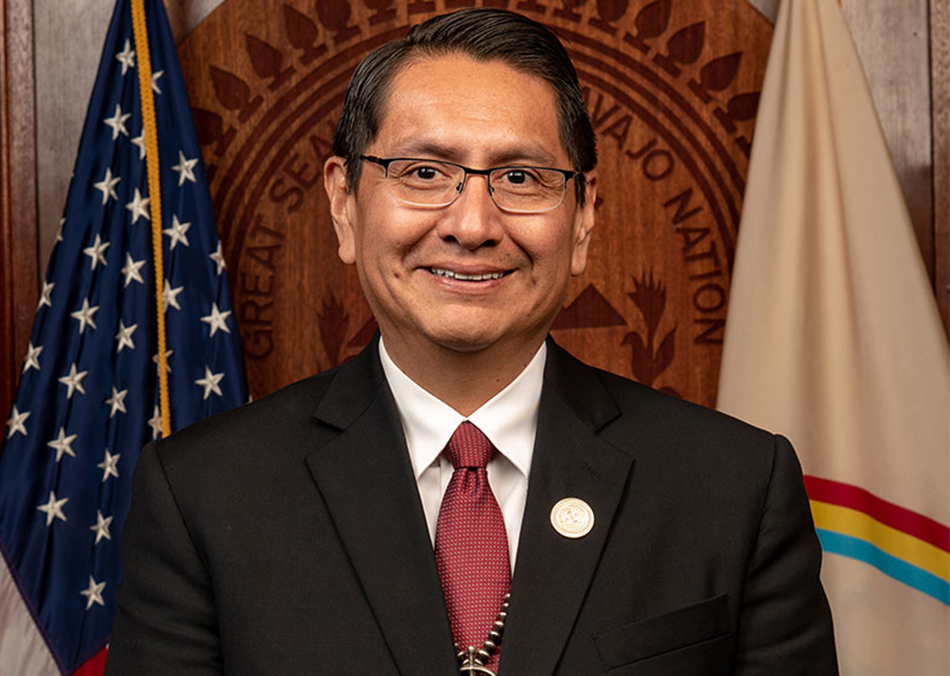Closing the Digital Chasm
Democrats look to boost broadband in Tribal nations

The smarter way to stay on top of the streaming and OTT industry. Sign up below.
You are now subscribed
Your newsletter sign-up was successful
One byproduct of the current combination of a pandemic and a racial justice reckoning is that the digital divide’s impact on minorities at a time when connectivity is king is getting renewed attention and emphasis.
That is coming through efforts like those in New York City to take money from the police department budget to build out broadband in low-income areas that overindex for minorities and in Congress, where lack of broadband access in Tribal nations was the emphasis of House Democrats in a
recent hearing.
In a hearing on the “urgent” needs of tribal communities, Jonathan Nez, president of the Navajo Nation, said the lack of affordable broadband is a “significant impediment to the Navajo Nation’s growth and survival.”
But the Navajos are finalizing a $300 million broadband plan that includes grants, subsidies and the need for partnering with “streamlined rules and regulations.”
And while Congress is trying to free up billions more for schools and libraries, including specific guarantees for tribal schools and libraries, Nez said the focus must be on broadband to the home, given that his people are sheltering in place.
The smarter way to stay on top of the streaming and OTT industry. Sign up below.
Contributing editor John Eggerton has been an editor and/or writer on media regulation, legislation and policy for over four decades, including covering the FCC, FTC, Congress, the major media trade associations, and the federal courts. In addition to Multichannel News and Broadcasting + Cable, his work has appeared in Radio World, TV Technology, TV Fax, This Week in Consumer Electronics, Variety and the Encyclopedia Britannica.

